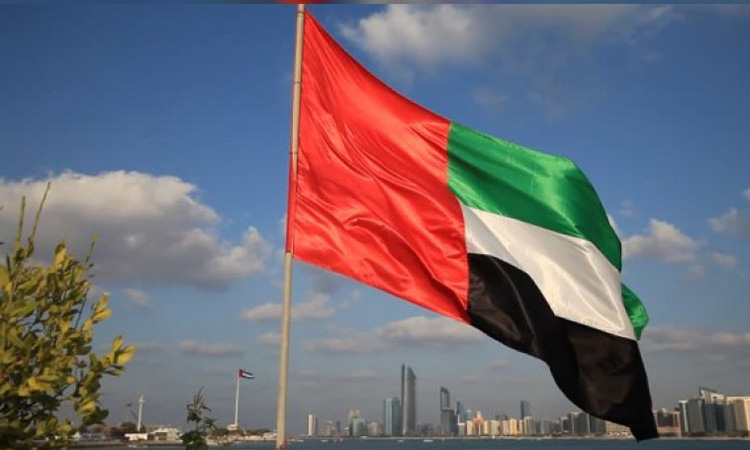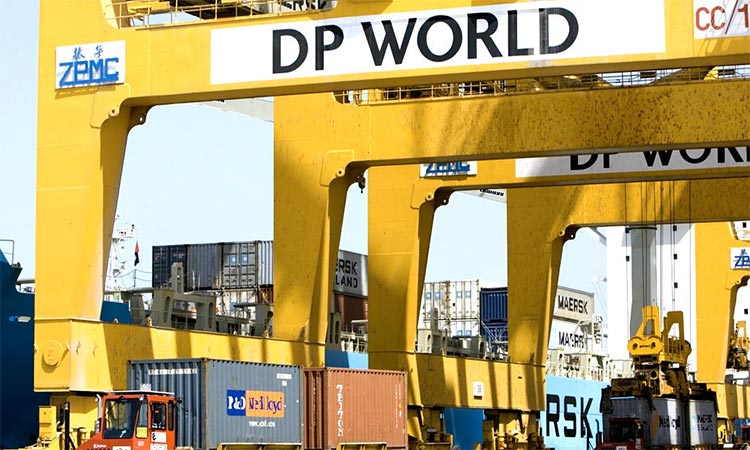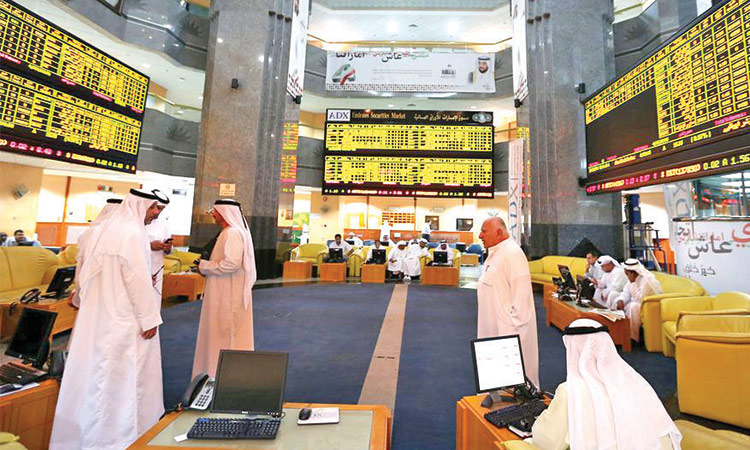UAE leads as most competitive emerging market in GCC

Picture used for illustrative purpose.
The UAE ranks No. 1 overall as the most competitive emerging markets in GCC, according to the annual Agility Emerging Markets Logistics Index.
The UAE also topped all three individual sub-indices in the region. This reflects the UAE’s commitment to strengthening its business environment in the non-oil sectors and successful implementation of the comprehensive national SME development strategy.
The Index, now in its 12th year, ranks 50 countries by factors that make them attractive to logistics providers, freight forwarders, shipping lines, air cargo carriers and distributors. China, India and Indonesia topped the Index, while three Gulf countries made the top 10: UAE (4), Saudi Arabia (6) and Qatar (9).
In the area of business fundamentals, Gulf countries dominated the top spots. UAE was No. 1, followed by Saudi Arabia (3), Qatar (4), Bahrain (7), Oman (8) and Kuwait (11). Nearby Jordan was 10th. China, India and Indonesia rank highest for domestic logistics; China, India and Mexico are at the top for international logistics.
“Gulf countries are pushing hard to diversify and integrate their economies by developing world-class infrastructure and creating fair, transparent conditions for business,” says Elias Monem, Agility Global Integrated Logistics (GIL) CEO for Middle East & Africa. “Good infrastructure and stable business conditions are areas of huge competitive advantage for the Gulf region. They will be key to recovering from the economic downturn brought on by the pandemic.”
The regional Gulf economy could get a boost as a result of the diplomatic breakthrough that ended Saudi Arabia’s three-year economic blockade of neighboring Qatar in late 2020. That could lead to tighter integration in a region where cross-border trade, trucking and e-commerce are growing dramatically.
Along with the Index, Agility surveyed more than 1,200 supply chain professionals for their views on the disruption caused by the COVID-19 pandemic. Of the executives surveyed, 44.7% see a Middle East/North Africa recovery in 2021; 38.9% say a recovery for the region won’t take place until 2022-2024. A majority expect Asia, North America and Europe to rebound this year.
Even when they consider easing dependence on China, few companies plan to bring manufacturing jobs back home. Only 7.8% of industry executives surveyed say relocating production from China would mean reshoring to their home countries. Vietnam (19.6%), India (17.4%) and Indonesia (12.4%) are the leading choices for relocation, followed by Thailand (10.3%) and Malaysia (9.6%), according to those surveyed.
While total cost is driving overall shifts in production supply chains, today low-cost labor is barely a consideration for emerging markets investment -- with only 2.2% of industry executive’s saying it’s important. Executives say the most important factors are government bureaucracy and regulation (25.8%); infrastructure quality (14.1%); and supply of skilled labor (8.0%). As companies examine new production locations, they say their biggest concerns are inadequate infrastructure (14.5%) and additional cost (13.5%).
Of the executives surveyed, 19.1% say 2020 sales decreased as a result of the pandemic. But only 9.4% say COVID-related employee safety measures have decreased efficiency.
The sustainability movement has momentum. More than a quarter (26.9%) of executives surveyed say their companies are boosting implementation of environmentally sustainable practices in the wake of the pandemic. Another 45.2% say their plans are unchanged, suggesting they have no intention of retreating from sustainability commitments.
In Latin America, Mexico is the strongest emerging market, ranking 7th overall. Argentina (36) and Venezuela (50) continue to be plagued by chronic economic dysfunction. Notably, though, eight countries in Latin America improved their business fundamentals: Uruguay, Mexico, Peru, Colombia, Ecuador, Brazil, Paraguay, and Bolivia. The region’s best business climate is in Chile, which ranks 5th out of 50 countries in that category.
Nigeria improved its competitiveness more than any country in the 2021 Index, moving up five spots to No. 30, the highest climb for any market in Sub-Saharan Africa in the 12 years of the Index. Nigeria improved its relative position in all three areas of the Index: business climate, international logistics and domestic logistics.
The countries improving their domestic logistics strengths the most were Malaysia, Nigeria, Vietnam, Iran, Uruguay, Myanmar and Cambodia. The biggest strides in international logistics came from Morocco, Ukraine, Kenya, Myanmar and Paraguay.







